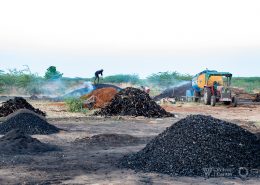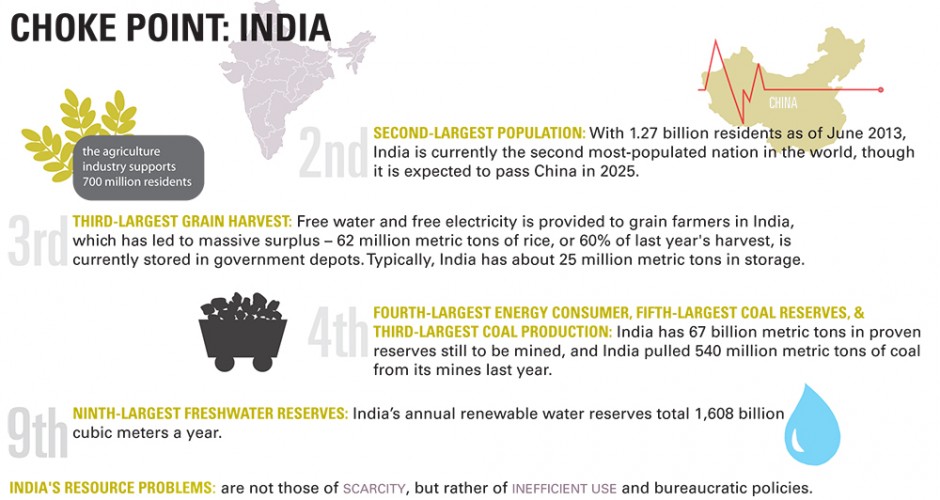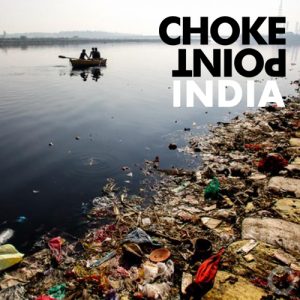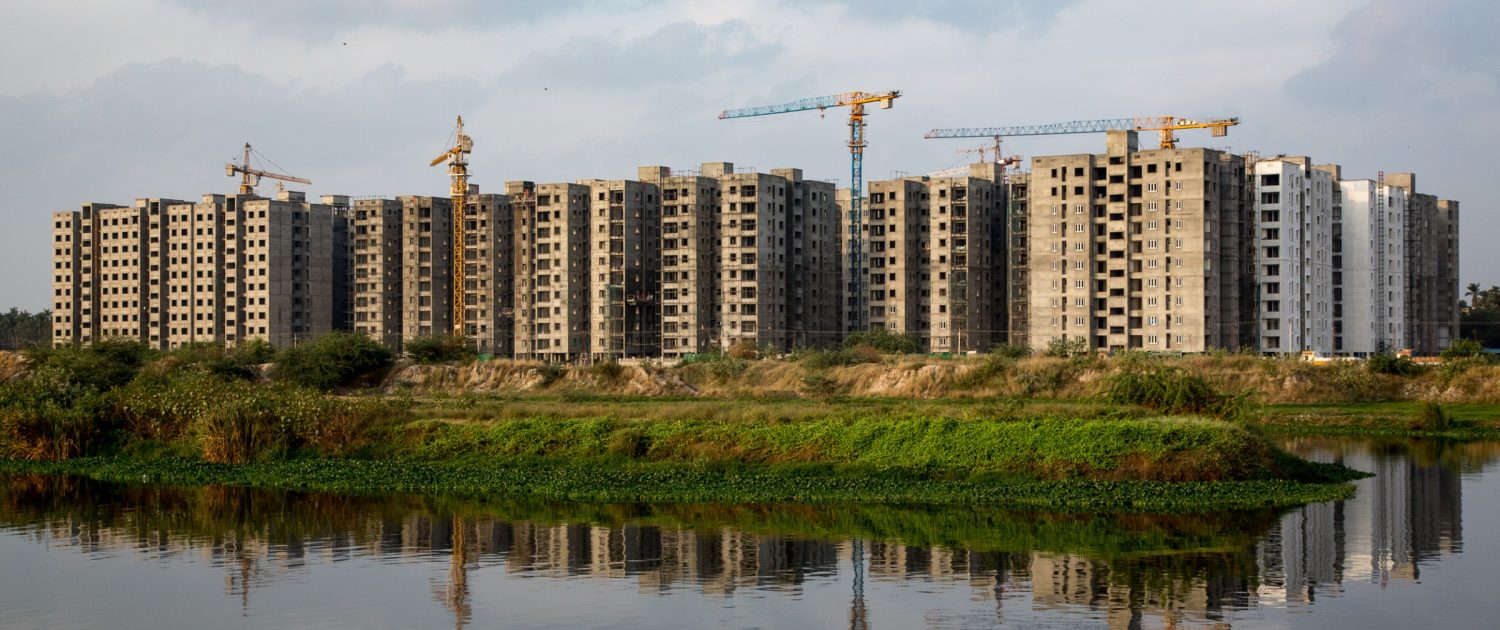
Reservoirs in Parched Chennai, City of Millions, Are Dry. Can Better Forecasting Avert Future Crises?
Residents of Chennai, by all accounts, are miserable and anxious. The city’s main reservoirs are dry, depleted by the failure of successive monsoons to provide replenishing rains. The shortfall has crippled the piped distribution network, which is now meeting just half of typical demand through a mix of secondary sources: desalinated water, groundwater, and the impoundments from nearby stone quarries. Even that supply is far from adequate. Piped water reaches households once a week or less. Tanker trucks, an expensive alternative, dole out water by the bucketful to desperate crowds.

A Torrent of Water and Concrete Imperil Chennai’s IT Boom

Chennai’s Security Tied to Cleaning Up Its Water
 https://www.circleofblue.org/wp-content/uploads/2017/05/2017-01-India-Tamil-Nadu-DMalhotra_C4A6151-2500.jpg
1667
2500
Keith Schneider
https://www.circleofblue.org/wp-content/uploads/2018/06/Circle-of-Blue-Water-Speaks-600x139.png
Keith Schneider2017-05-12 07:18:152019-06-24 15:35:29In City Prone to Drought, Chennai’s Water Packagers Rush In
https://www.circleofblue.org/wp-content/uploads/2017/05/2017-01-India-Tamil-Nadu-DMalhotra_C4A6151-2500.jpg
1667
2500
Keith Schneider
https://www.circleofblue.org/wp-content/uploads/2018/06/Circle-of-Blue-Water-Speaks-600x139.png
Keith Schneider2017-05-12 07:18:152019-06-24 15:35:29In City Prone to Drought, Chennai’s Water Packagers Rush InIndia Features
The country that pumps more groundwater than any other has reached a water supply and food safety reckoning that threatens to upend political and economic stability, and long-term public health.
In this special report, building on years of on-the-ground coverage, Circle of Blue reveals how a nation of 1.3 billion people, by failing to protect its water, is courting disease and economic hardship as well as social upheaval.
Hand in hand with the groundwater depletion and contamination, is a food supply “toxic time bomb” of global implications. When irrigation wells go dry, farmers turn to untreated wastewater that is laced with industrial chemicals and human sewage.
As one villager said, “The water moved from providing life to taking lives.”

Skepticism in Rural Northwest India as Modi Government Pushes Big Water Infrastructure Projects Instead of Small-Scale Fixes
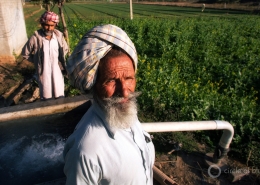
Risks to Groundwater in India’s Solar Irrigation Pump Expansion
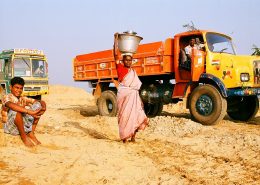
Reporter Wins Award for His Work on Choke Point: Tamil Nadu
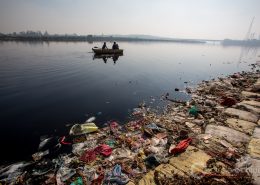
Groundwater Plummets in Delhi, City of 29 Million
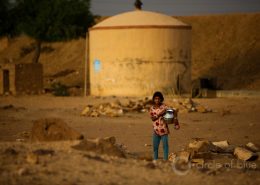
Groundwater Scarcity, Pollution Set India on Perilous Course
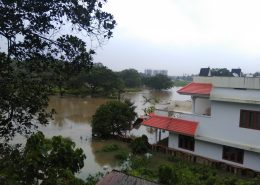
Recovery Begins in Kerala, Where Historic Flooding Killed Hundreds
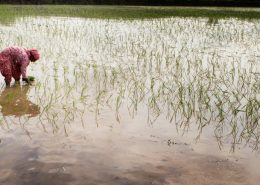
Toxic Water, Toxic Crops: India’s Public Health Time Bomb
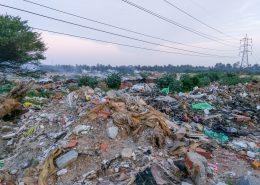
Booming Infrastructure Poisons Bangalore’s Lakes, Depletes Groundwater
Video
Choke Point: India
Choke Point: Tamil Nadu
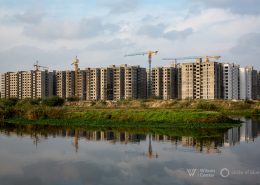
Chennai’s Security Tied to Cleaning Up Its Water
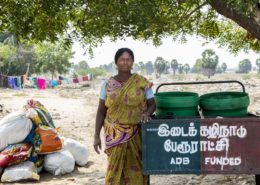
This is Tamil Nadu
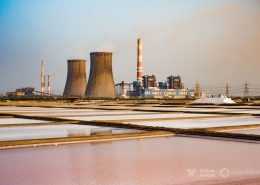 https://www.circleofblue.org/wp-content/uploads/2017/06/2017-01-India-Tamil-Nadu-DMalhotra_C4A5938-2500.jpg
1366
2048
Keith Schneider
https://www.circleofblue.org/wp-content/uploads/2018/06/Circle-of-Blue-Water-Speaks-600x139.png
Keith Schneider2017-06-14 06:42:312017-08-22 12:19:45Mindful of Water Scarcity, Cost, and Pollution, Tamil Nadu Turns to Sun and Wind Power
https://www.circleofblue.org/wp-content/uploads/2017/06/2017-01-India-Tamil-Nadu-DMalhotra_C4A5938-2500.jpg
1366
2048
Keith Schneider
https://www.circleofblue.org/wp-content/uploads/2018/06/Circle-of-Blue-Water-Speaks-600x139.png
Keith Schneider2017-06-14 06:42:312017-08-22 12:19:45Mindful of Water Scarcity, Cost, and Pollution, Tamil Nadu Turns to Sun and Wind Power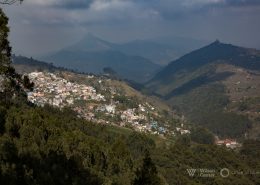
India’s Toxic Trail of Tears

Pursuing Riches, Miners Plunder Tamil Nadu’s River Sand
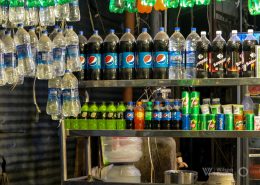 https://www.circleofblue.org/wp-content/uploads/2017/05/2017-01-India-bottled-water-KSchneider-IMG_6676-logo-2500.jpg
1180
2048
Keith Schneider
https://www.circleofblue.org/wp-content/uploads/2018/06/Circle-of-Blue-Water-Speaks-600x139.png
Keith Schneider2017-05-24 13:12:552018-12-04 11:27:01The Right to Life and Water: Drought and Turmoil for Coke and Pepsi in Tamil Nadu
https://www.circleofblue.org/wp-content/uploads/2017/05/2017-01-India-bottled-water-KSchneider-IMG_6676-logo-2500.jpg
1180
2048
Keith Schneider
https://www.circleofblue.org/wp-content/uploads/2018/06/Circle-of-Blue-Water-Speaks-600x139.png
Keith Schneider2017-05-24 13:12:552018-12-04 11:27:01The Right to Life and Water: Drought and Turmoil for Coke and Pepsi in Tamil Nadu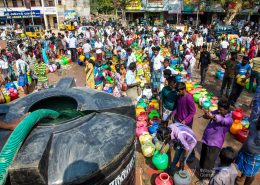 https://www.circleofblue.org/wp-content/uploads/2017/05/2017-01-India-Tamil-Nadu-DMalhotra_C4A6151-2500.jpg
1667
2500
Keith Schneider
https://www.circleofblue.org/wp-content/uploads/2018/06/Circle-of-Blue-Water-Speaks-600x139.png
Keith Schneider2017-05-12 07:18:152019-06-24 15:35:29In City Prone to Drought, Chennai’s Water Packagers Rush In
https://www.circleofblue.org/wp-content/uploads/2017/05/2017-01-India-Tamil-Nadu-DMalhotra_C4A6151-2500.jpg
1667
2500
Keith Schneider
https://www.circleofblue.org/wp-content/uploads/2018/06/Circle-of-Blue-Water-Speaks-600x139.png
Keith Schneider2017-05-12 07:18:152019-06-24 15:35:29In City Prone to Drought, Chennai’s Water Packagers Rush In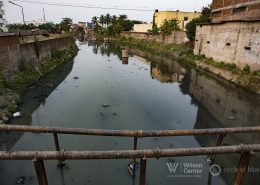 https://www.circleofblue.org/wp-content/uploads/2017/05/2015-02_C4A5036-DMalhotra-2500.jpg
1366
2048
Circle Blue
https://www.circleofblue.org/wp-content/uploads/2018/06/Circle-of-Blue-Water-Speaks-600x139.png
Circle Blue2017-05-03 13:07:132018-12-04 11:19:10Rampage of Water and Social Entrepreneurs Push Chennai to Consider New Growth Strategy
https://www.circleofblue.org/wp-content/uploads/2017/05/2015-02_C4A5036-DMalhotra-2500.jpg
1366
2048
Circle Blue
https://www.circleofblue.org/wp-content/uploads/2018/06/Circle-of-Blue-Water-Speaks-600x139.png
Circle Blue2017-05-03 13:07:132018-12-04 11:19:10Rampage of Water and Social Entrepreneurs Push Chennai to Consider New Growth Strategy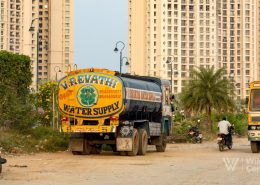
A Torrent of Water and Concrete Imperil Chennai’s IT Boom
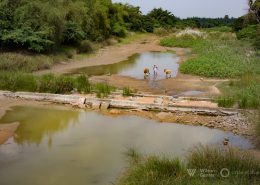
Water Scarcity Causes Cauvery Delta Anguish
